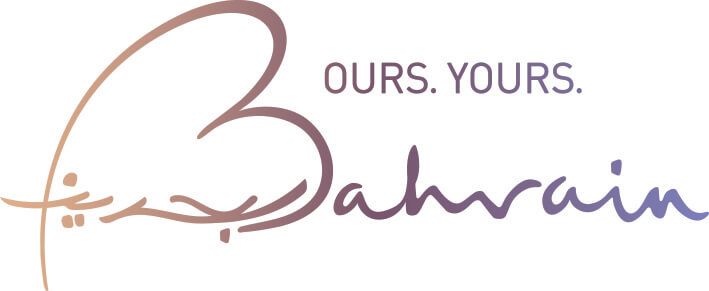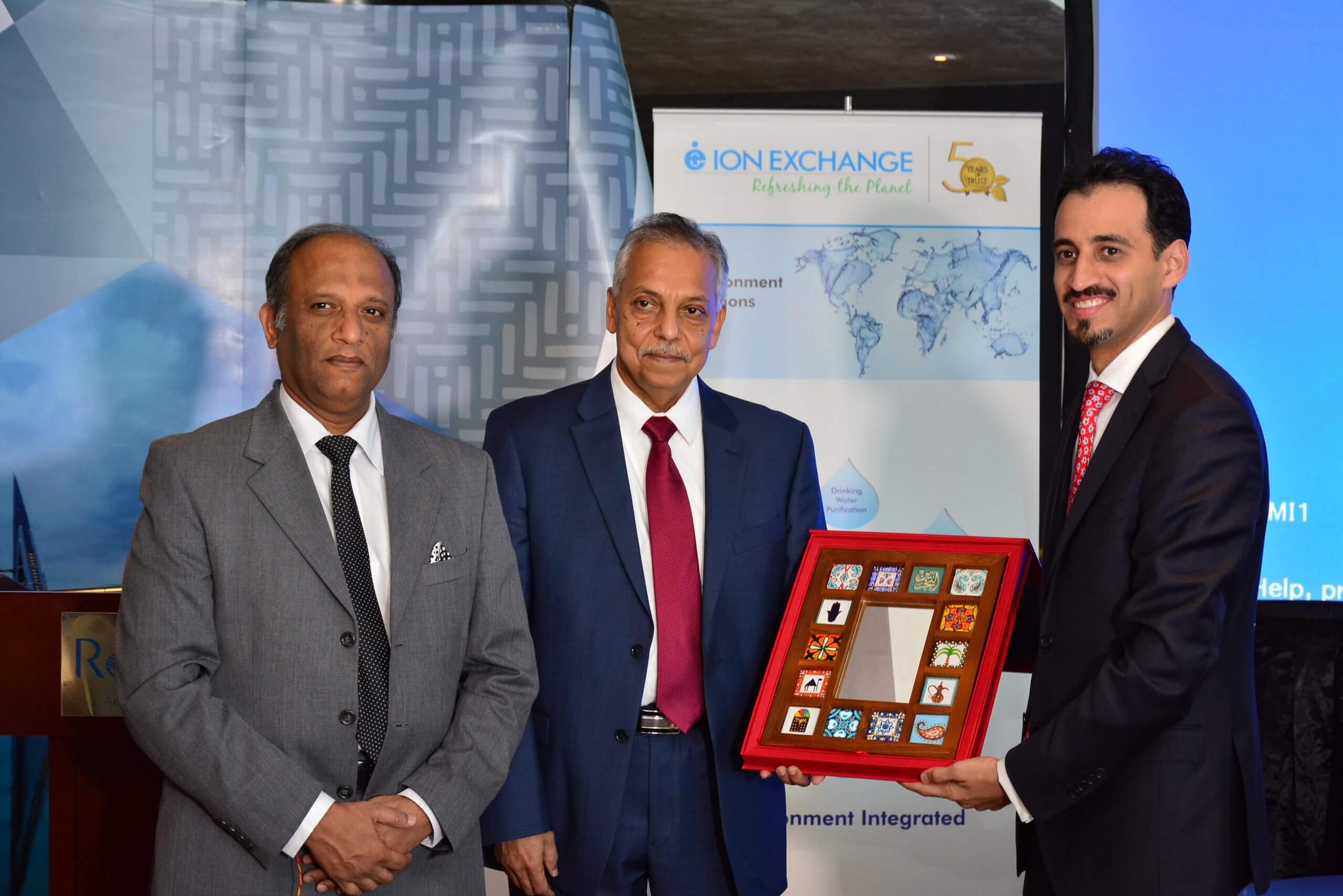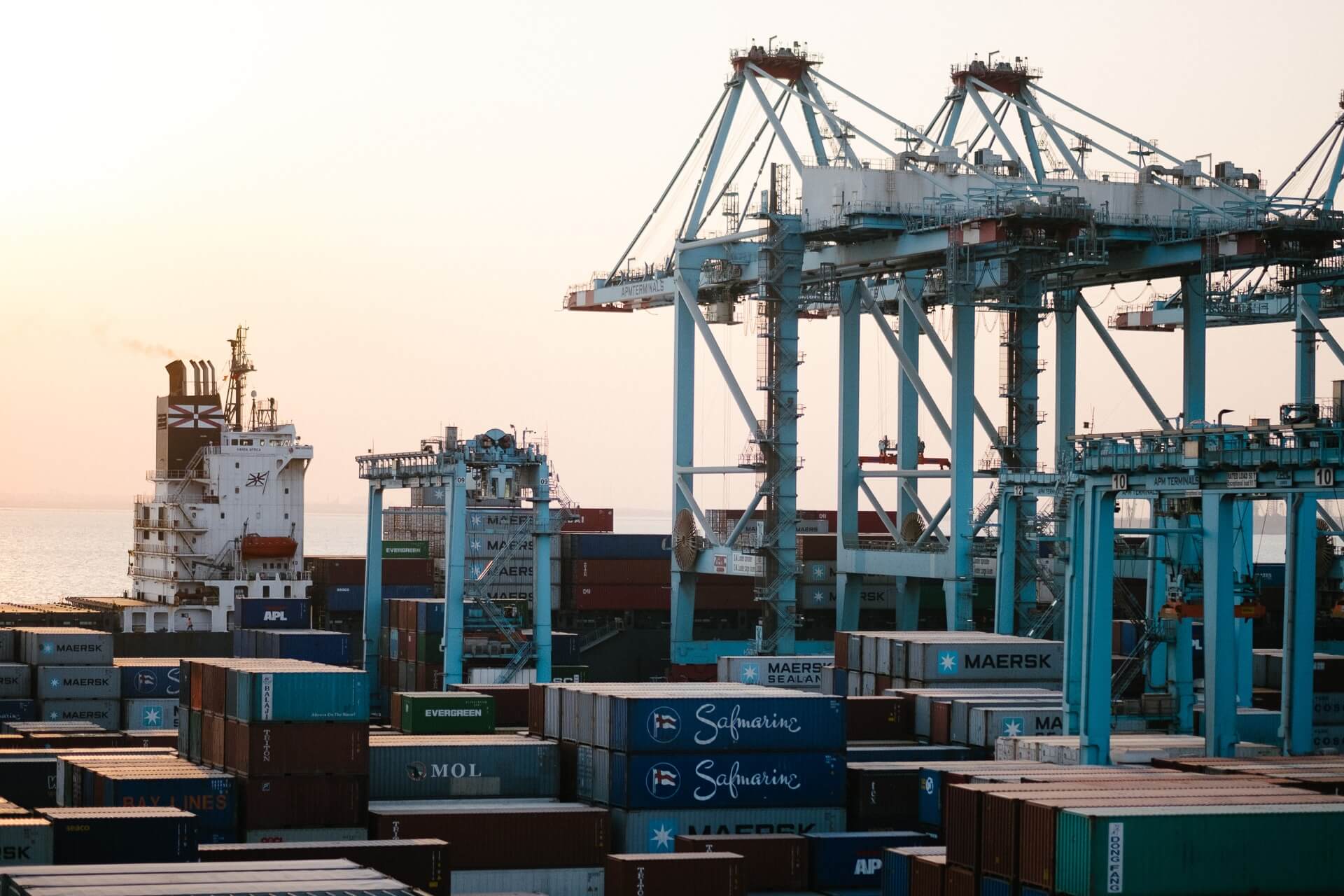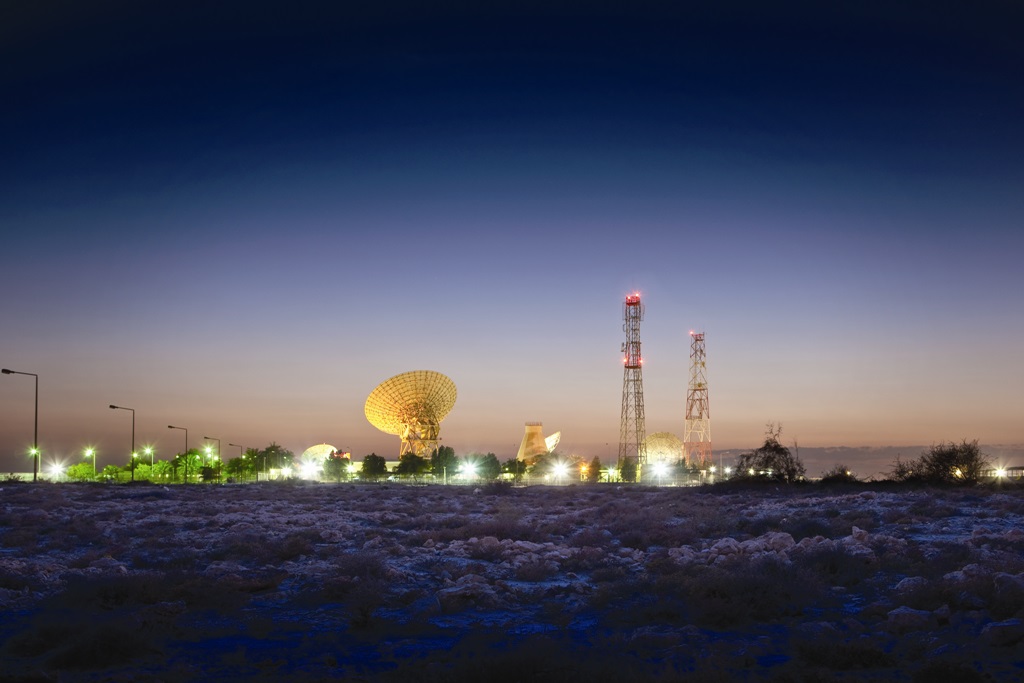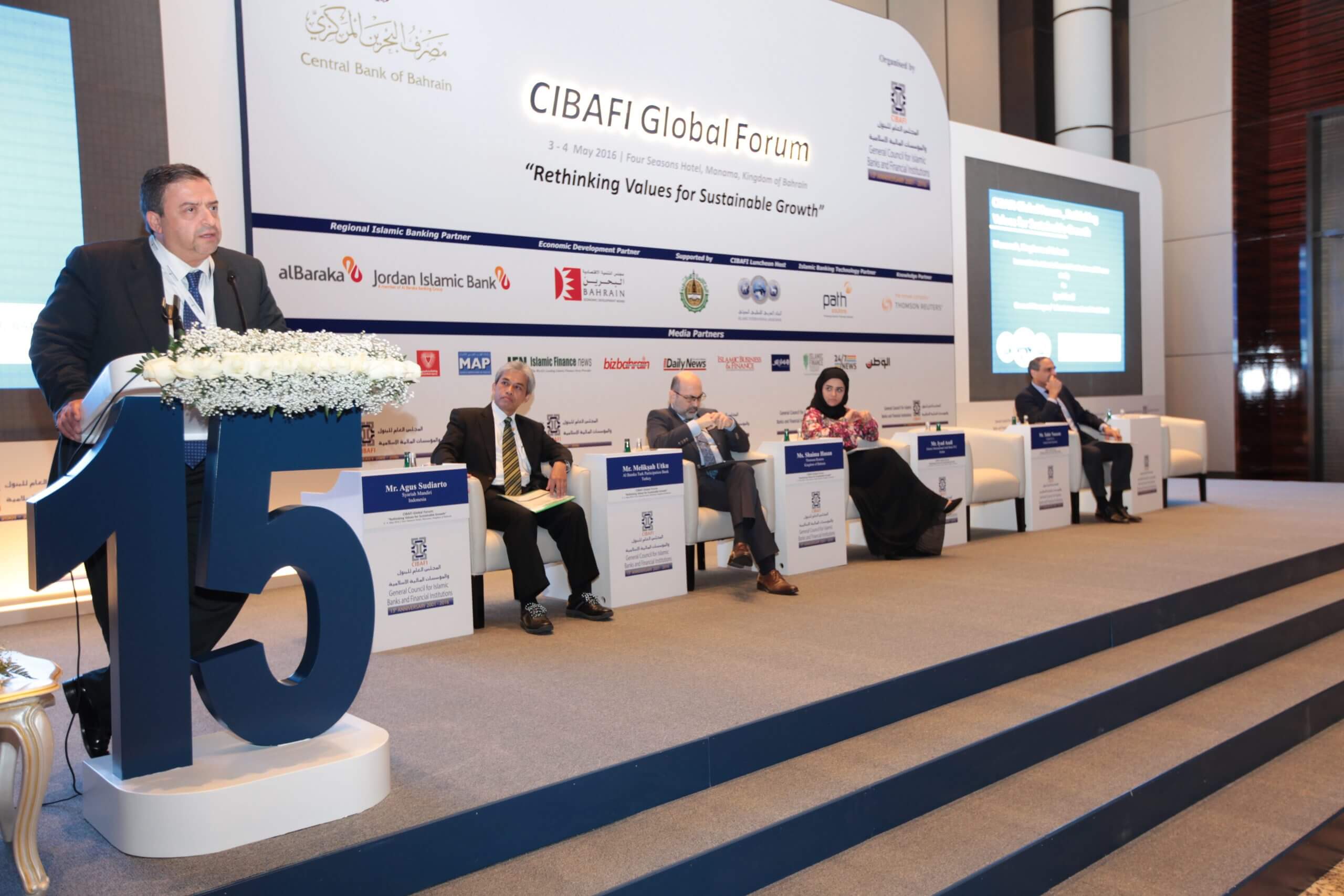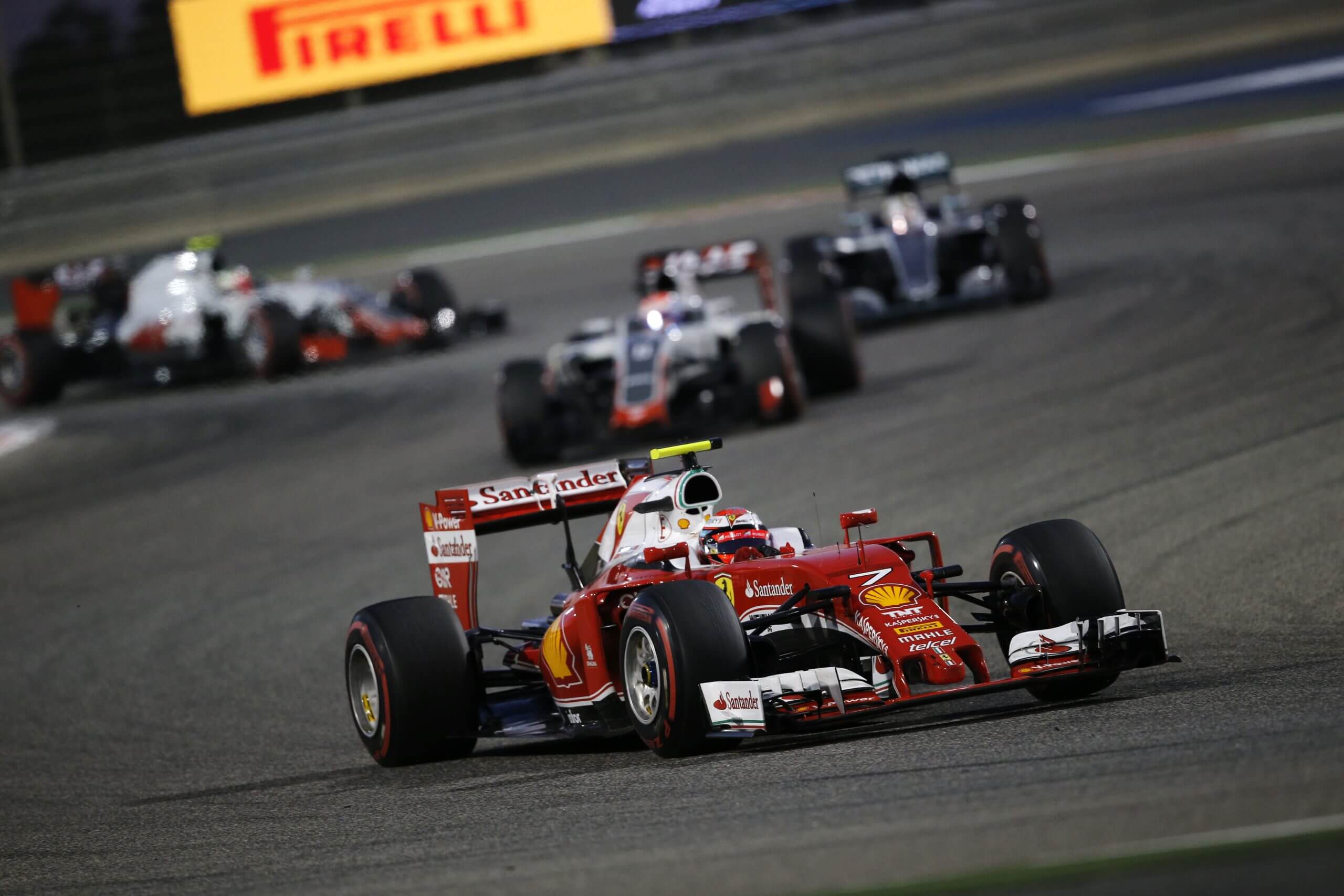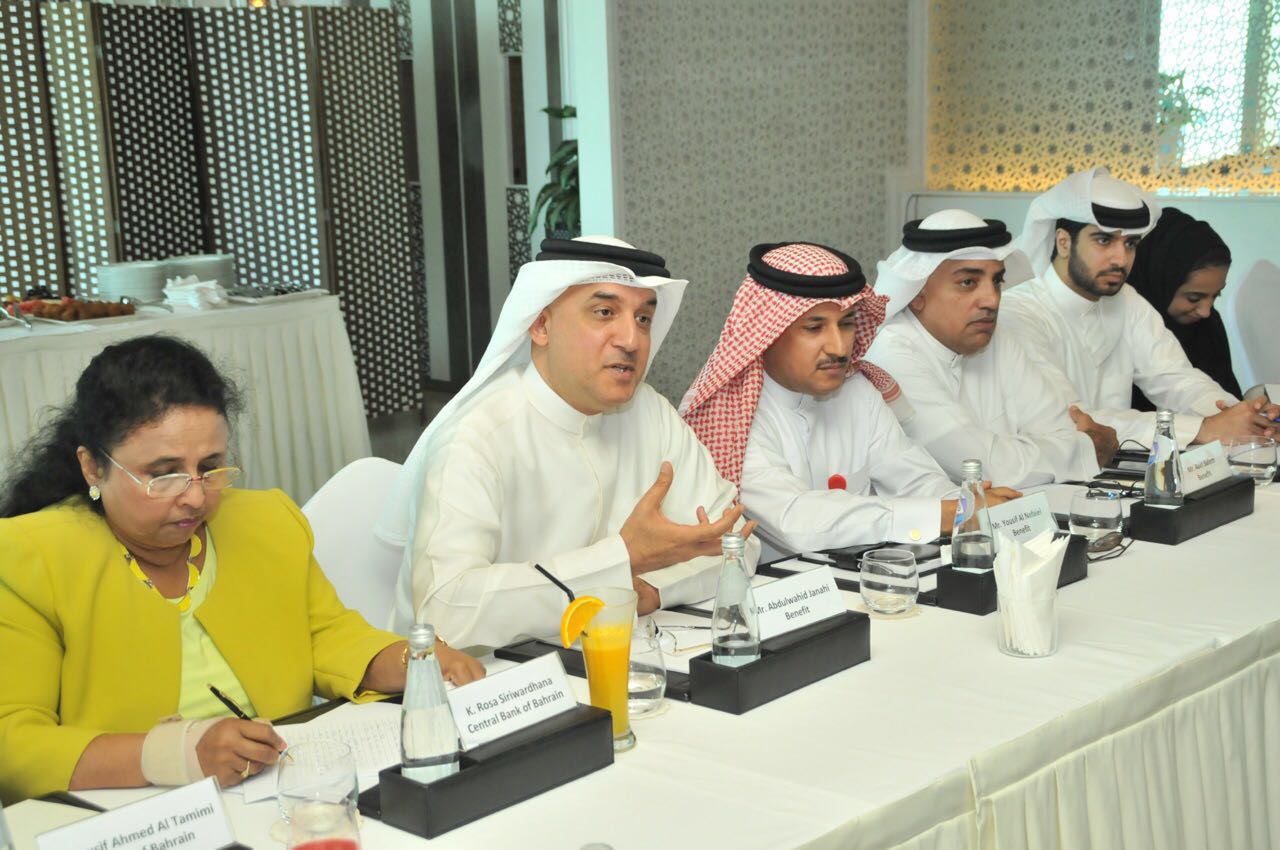Report underscores the growth and employment potential of the sector in Bahrain
Today, the Bahrain Economic Development Board has launched a new whitepaper, revealing that tourism directly contributes 5% of Bahrain’s GDP, underlining the importance of the sector to the country’s economy.
Titled ‘Evaluating the role of tourism in the Bahraini economy’, the paper highlights the ‘transformative’ growth of an industry which has leapt from 4mn visitors per year in 2000 to 11.6mn in 2015. The report estimates that the sector supports as many as 42,000 jobs in Bahrain, showcasing the sector’s exceptional employment opportunities. The report also notes that the sector offers unique opportunities for entrepreneurship as a consequence of above average growth and the absence of significant barriers to entry or economies of scale.
Bahrain is a regional hub for tourism, with the majority of visitors travelling from within the GCC and particularly Saudi Arabia, via the King Fahad Causeway. However more than a quarter of visitors are coming from beyond the Gulf, highlighting a significant number of international tourists.
The growth in visitor numbers is expected to be supported by significant build-up in both accommodation and infrastructure, due to ongoing investment in the country’s tourism sector. This is exemplified by the expansion and modernization of Bahrain International Airport, which will increase annual capacity from 9 million to 14 million passengers after an 18.6% rise in airport arrivals between 2013 and 2015.
This investment builds on the potential of the Kingdom’s uniquely open and authentic culture, as well as its attractive liberal lifestyle and rich history. Bahrain also has a central location within the GCC that makes it a convenient destination for visitors from around the region as well as Europe and Asia.
These factors are expected to boost the number of visitors to the country and encourage visitors to extend the length of their stay and increase spend.
The findings were discussed at a roundtable hosted by the Economic Development Board on July 13th with Dr. Jarmo Kotilaine, Chief Economist, and Mr. Jerad Bachar, Executive Director of Tourism and Leisure Investment.
Speaking ahead of the roundtable, Mr. Bachar said:
“Tourism is an essential pillar of the Bahraini economy and this importance is underlined by the volume and variety of visitor expenditure. This paper shows the far-reaching impact of tourism and the investment opportunities that come both directly and indirectly from the industry.”
“We see tourism as a sector that has the potential to create high quality sustainable jobs for Bahrainis and to make an important difference in diversifying our economy and export profile. We are confident that in the coming years Bahrain’s attractions and overall offer will make it a great location for leisure as well as business.”
Download the whitepaper




